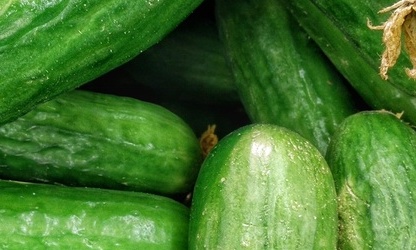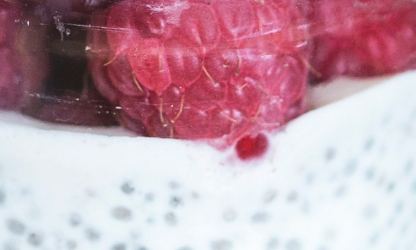

Effects of Salmonella bacteriophage, nisin and potassium sorbate and their combination on safety and shelf life of fresh chilled pork.
Food Control, 2017
Wang, C., Yang, J., Zhu, X., Lu, Y., Xue, Y., and Lu, Z.
Abstract
Salmonella is an important foodborne pathogen and a serious threat to human health worldwide. This study was to reduce Salmonella and the spoilage bacteria on fresh chilled pork using bacteriophage, nisin, and potassium sorbate (PS) along with their combinations. Microbial, chemical, and sensory qualities of the fresh chilled pork (artificially contaminated with Salmonella 3 log CFU/g) treated with bacteriophage (9 log PFU/g), nisin (5000 IU/g), PS (2 mg/g) and their combinations were evaluated. The result showed that all the samples treated with phage could significantly (P < 0.05) reduce Salmonella population on fresh chilled pork. The combination treatment of nisin, PS and phage (N-PS-P) could significantly lower total viable counts (TVC), TVB-N and TBARS of the chilled pork during the storage period. The TVC of sample treated by N-PS-P was reduced by 2.3 log CFU/g at 7th day. It was also found through the electronic nose detection that the N-PS-P treatment was able to significantly reduce odour and maintain good sensory of the chilled pork. Hence, the N-PS-P treatment extended the shelf life of fresh chilled pork up to 14 days. No adverse effect of the phage on the chilled pork was observed. In conclusion, this study suggests that the phage and its combination with nisin and PS have great potential to be used as a good preservative for fresh chilled pork.
Target
Salmonella spp.
Food Group
Meat
Food Product
Chilled pork
Product
Chilled pork





